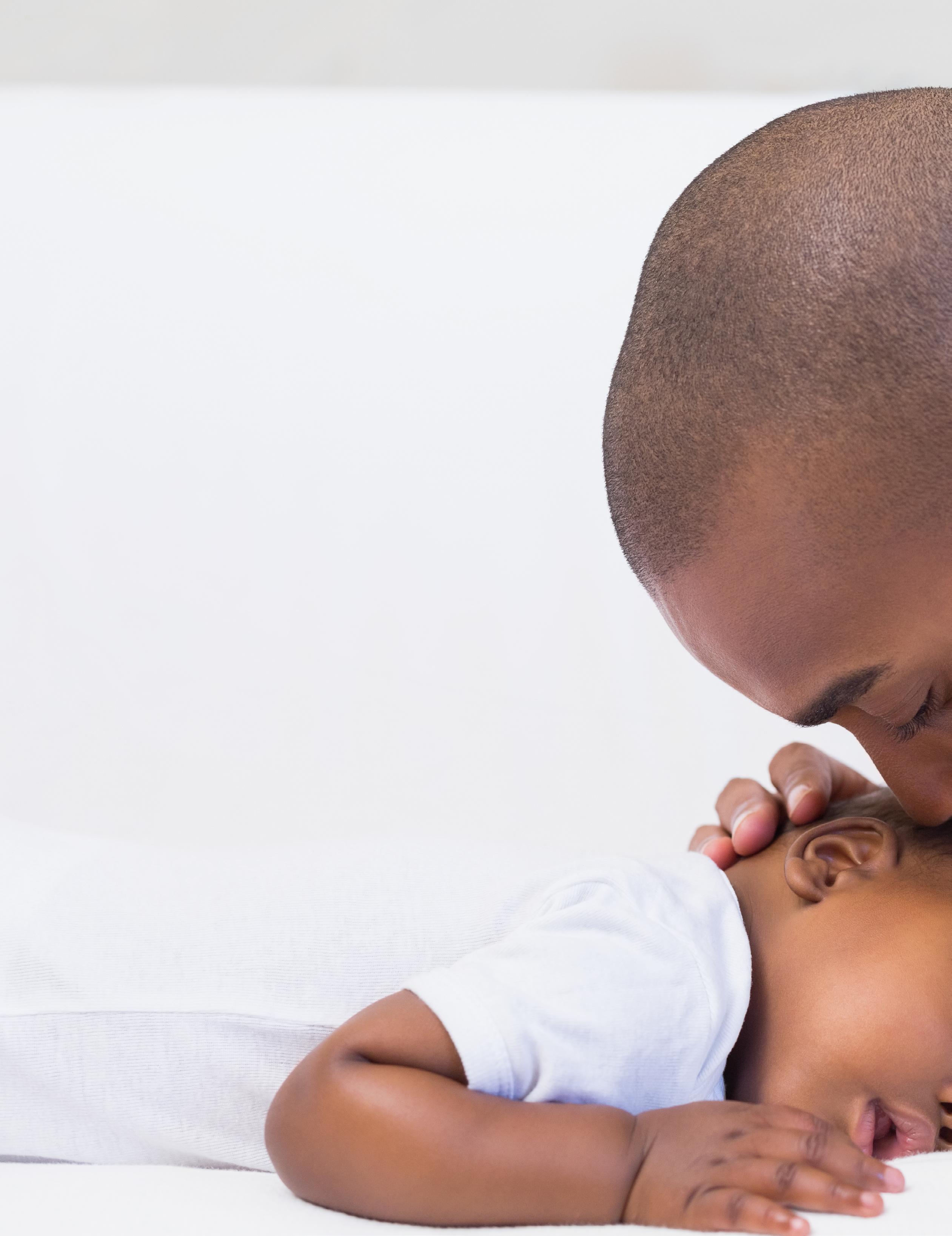
4 minute read
Sweet Dreams – Is it Time to Consider a Sleep Coach?
When I was pregnant with my first son, I read at least 10 books about birth. Sure, I knew the birthing process would last a mere one to two days and I’d chosen a trusted provider to guide me through that singular event. But I really wanted to understand every detail in order to soothe my own anxiety, so I over-prepared. Had I known that baby sleep would be my biggest stressor for the next one to two years, I’d have studied circadian rhythms instead!
My son was four months old when I started to feel that everything had gone wrong with his sleep. I was so tired that daily activities were overwhelming. What my sleep coach helped me understand is that I’d never established healthy habits surrounding sleep, and that both my baby and I would need to adjust to some changes.
Like many nursing moms, I loved that our evening feed helped my son fall asleep for the night. It was impossibly sweet to watch him doze off in my arms. If he woke on our way to the crib, I’d just feed him a little more until he was happily snoozing again. But as he got older, I needed to feed him multiple times and for longer periods. Soon the bedtime nursing session was taking an hour or more. When he woke at night, he expected the same lengthy routine to get back to sleep. I was exhausted! My husband couldn’t put our baby to bed, and neither could I without the enormous crutch I’d created. We had a serious problem.
According to Certified Sleep Consultant and San Diego mom Jessica Cheeley, many parents seek coaching for some version of the same problem. “It’s the baby’s inability to fall asleep on their own,” she says. “They rely on something to get them to sleep or put them back to sleep.”
For some families, this might be a baby who needs to be rocked to sleep or who screams when put down for a nap. It could be the infant who wants to sleep on dad’s chest or who only naps for 30 minutes at a time. All these stories began the same way. At some point, we taught our infants (and ourselves) that they can’t get to sleep or stay asleep without our help.
“We don’t typically look at falling asleep as a skill, but it’s an essential skill we have to learn,” says Cheeley. “If you set the right habits early, they learn to fall asleep by themselves without needing to be fed or rocked to sleep.”
Once parents identify the habit that needs breaking, it helps to make a plan. What’s the new, healthy bedtime routine? What will you do when baby resists it? Make sure everyone in the household knows the plan and is prepared to remain consistent. Expect this change to be hard at first. The good news is that babies can learn positive sleep habits quickly. “If it’s a mild to moderate sleep issue and if all the baby’s needs are met (he is fed, not in pain and his diaper is dry), you will typically see progress in three to five days if you are rock solid consistent,” says Cheeley.
So how do you know if you need a sleep coach? It might be time to call a consultant if sleep issues seem severe, or if you’ve tried implementing healthy sleep habits but are struggling to stay consistent.

One thing I noticed during my firstborn’s sleep struggle is that exhaustion made it hard to remain confident in my plan. My sleep coach was mostly a cheerleader who gave me the support I needed to follow through. She also helped me regroup and switch gears when our first approach wasn’t working for our family. My baby’s sleep issues were complex and unique, just like him.
Cheeley says, “The most rewarding thing I hear from my clients is, ‘You gave me the confidence I needed to do this.’ Because sleep training at its core is setting a foundation of healthy sleep habits, every single family can benefit from understanding what that looks like and how to actually implement it into their family unit.” v
Anne Malinoski is a contributing writer. She lives in Santee with her husband and two sons.
Follow Jessica and her team on Instagram @sleepshopconsulting where the consultants post tips and tricks for healthy sleep habits. Learn more at www.sleepshopoc.com.
Expert Tips for Establishing Healthy Sleep Habits Put baby in the crib while he’s drowsy, but still awake.
Make sure baby’s daily calorie needs are met. Hungry babies will wake often.
Establish the ideal sleep environment. The room should be 68–72 degrees and darkened with blackout shades. Use a sound machine that stays on all night.
Use a swaddle (especially in the early weeks) to help baby adjust to life outside the womb. Cheeley says babies who fight the swaddle are often the ones who need it the most. So, keep trying! Her favorite is the Ollie Swaddle.
Baby Guide 2020 • SanDiegofamily.com •






